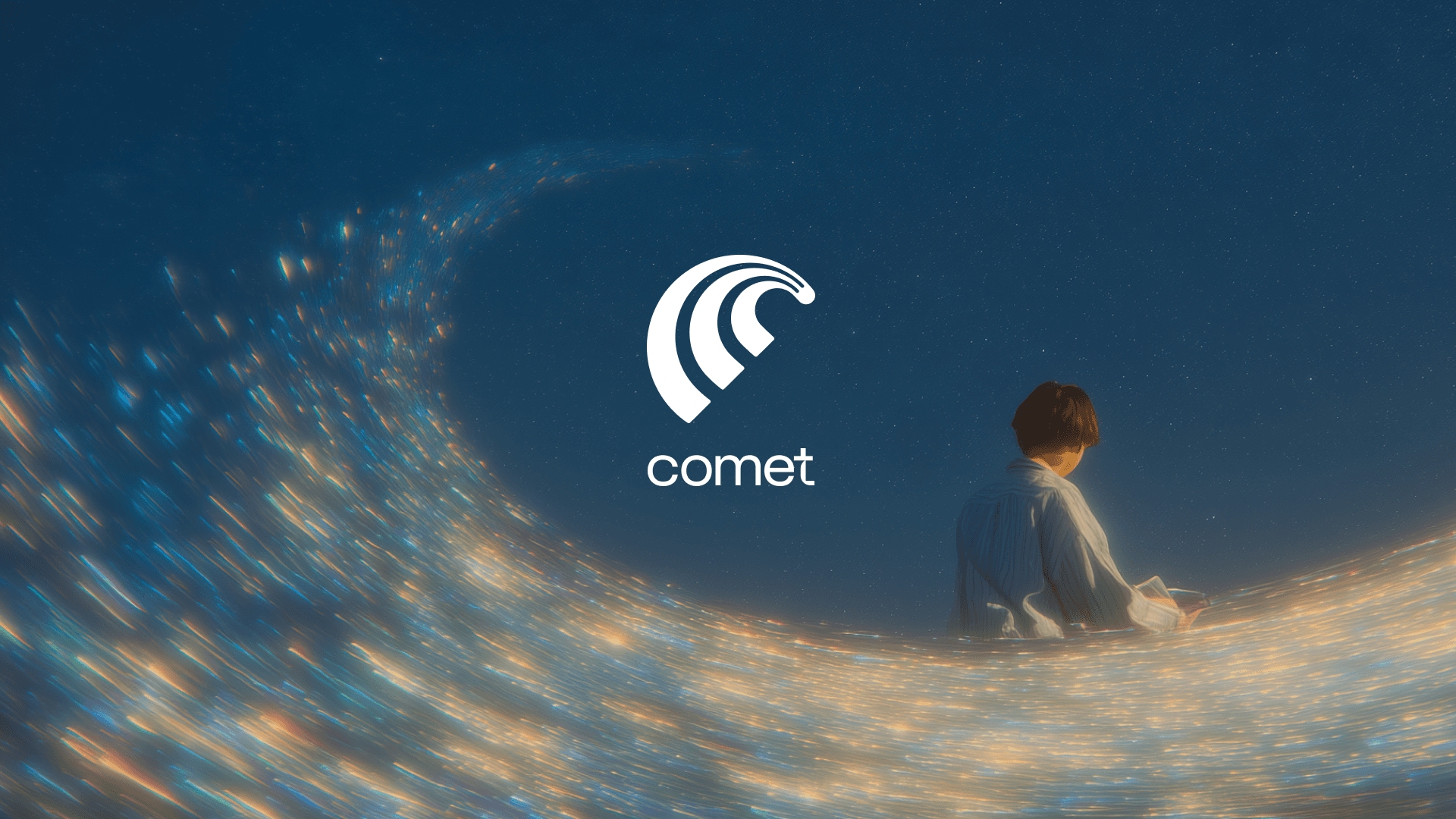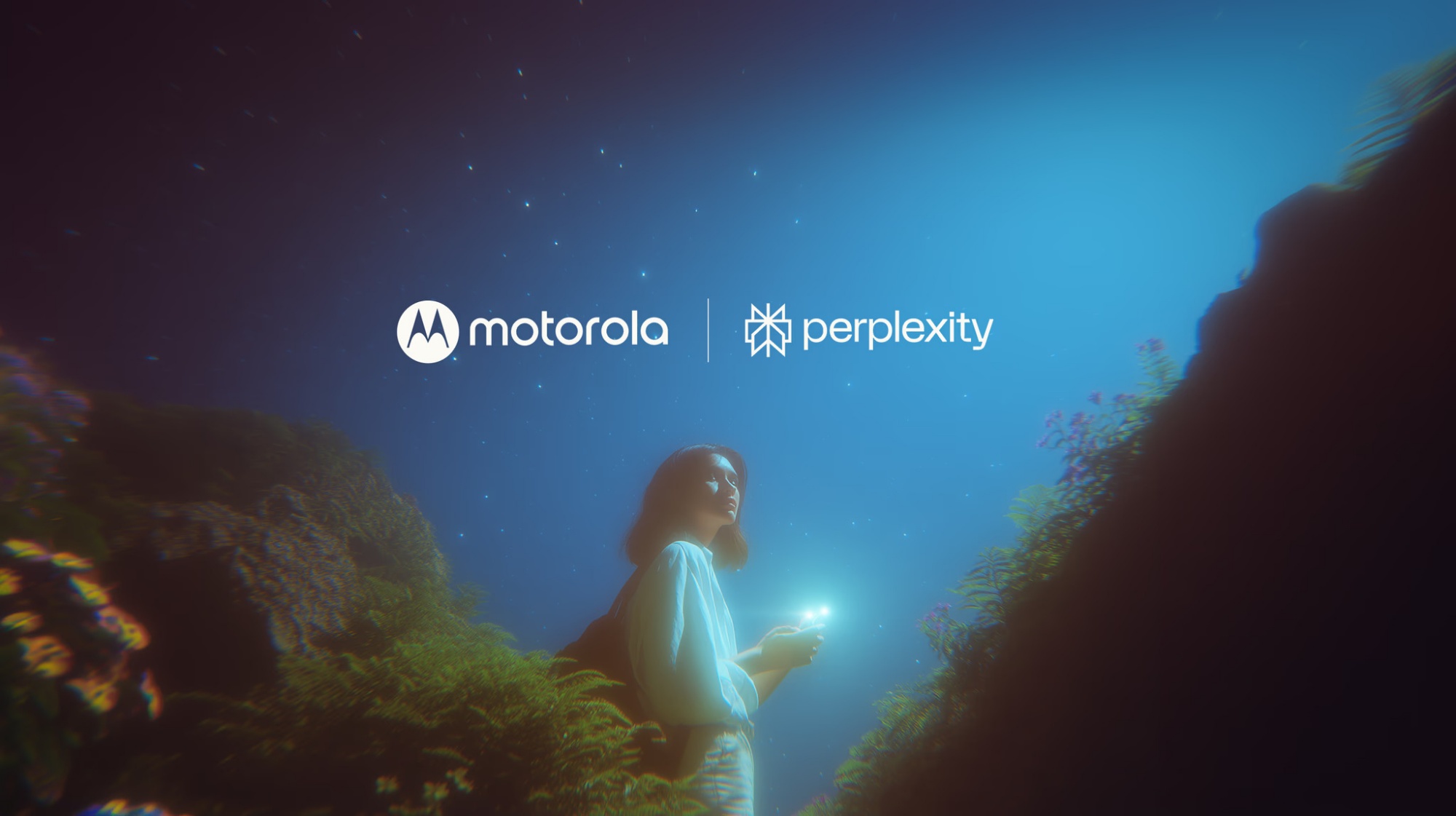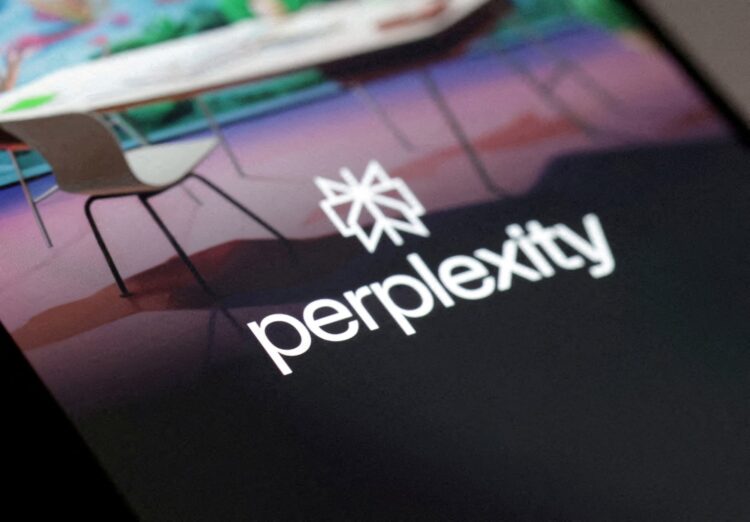NVIDIA-backed Perplexity AI is in active discussions with smartphone makers to pre-install its Comet browser on mobile devices, CEO Aravind Srinivas told Reuters on Friday. The move signals a bold attempt to challenge Google’s dominance by leveraging the power of default settings, which often drive long-term user behaviour on mobile platforms.
Srinivas acknowledged the difficulty in persuading original equipment manufacturers (OEMs) to replace entrenched defaults like Google Chrome. However, he added that the potential upside is significant, as Comet could become a gateway for millions of users to engage daily with Perplexity’s generative AI services, especially if adopted at scale.

Currently in beta and limited to desktop users, the Comet browser integrates Perplexity’s AI directly into the browsing experience. It enables users to interact with personal data such as emails and calendars, perform tasks like summarising webpages, and even schedule meetings. Perplexity’s long-term goal is to expand Comet to “tens to hundreds of millions” of users, starting with a few hundred thousand early testers.
The move aligns with the current industry trend towards “agentic” AI-powered browsers that reduce user input and take over multi-step tasks autonomously. Reports from Bloomberg earlier this year indicated that Perplexity had also initiated talks with Samsung and Apple to integrate its AI features into mobile ecosystems, potentially enhancing services like Bixby and Siri.

Back in April 2025, Perplexity had already announced a global partnership with Motorola, enabling its AI system to be pre-installed on smartphones including the Razr and Edge 60 series. The integration is deeply optimised for Motorola’s hardware, including functionality on the Razr’s external display and voice-enabled actions via Moto AI.


